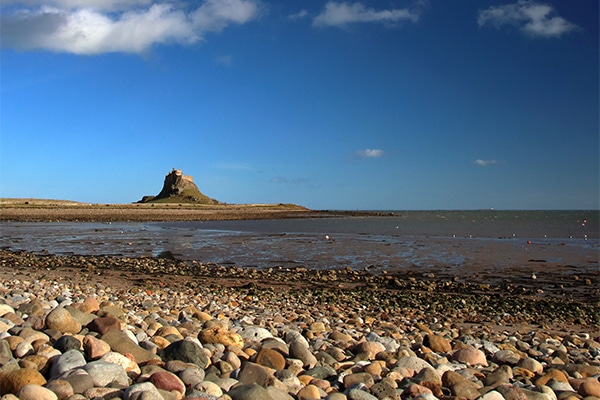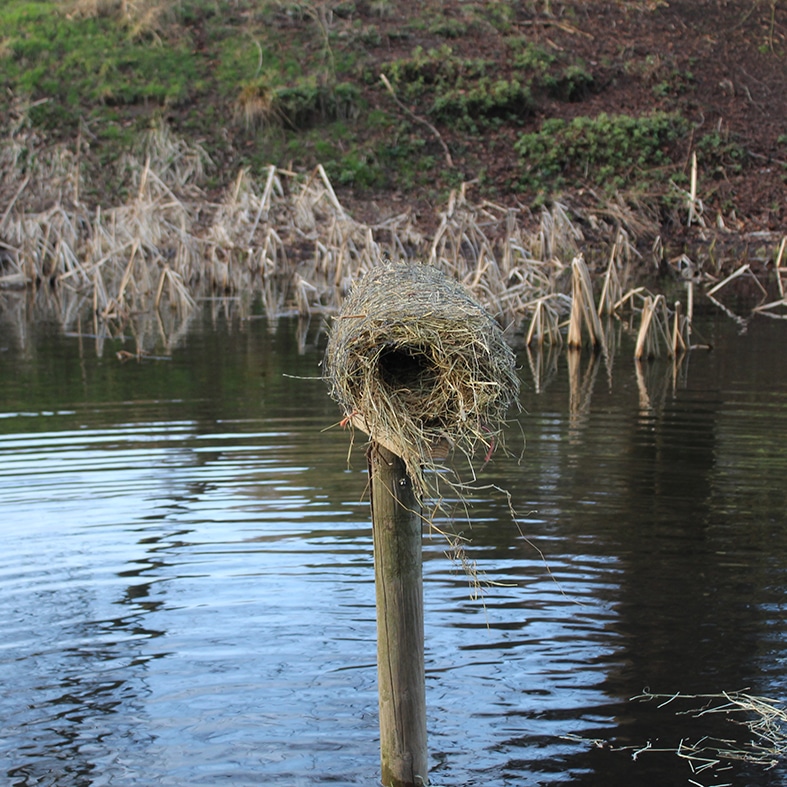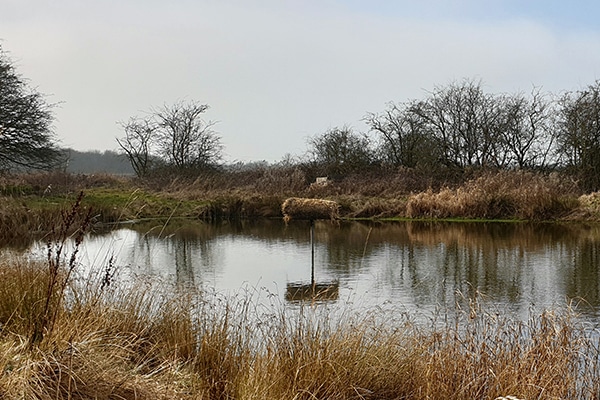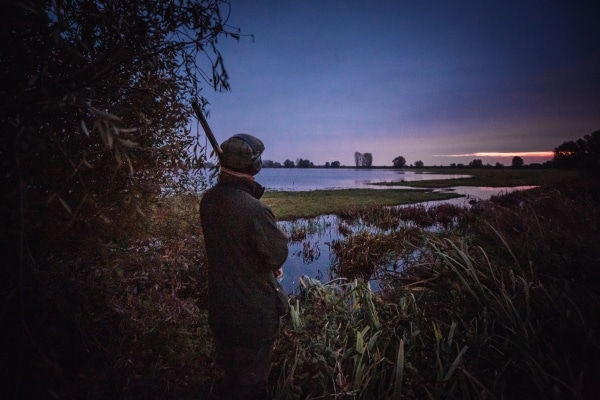
Lindisfarne wildfowling permit scheme
Find all the information you need about BASC’s Lindisfarne wildfowling permit scheme.
Get information on the legal shooting season for mammals and birds in the UK.
Apply for funding for your project or make a donation today
Comprehensive information and advice from our specialist firearms team.
Everything you need to know about shotgun, rifle and airgun ammunition.
Find our up-to-date information, advice and links to government resources.
Everything you need to know on firearms law and licensing.
All the latest news and advice on general licences and how they affect you.


Home » Wildfowling » Wildfowling advice » Duck nest tubes monitoring
The Waterfowlers’ Network have published an online form for recording data for any artificial duck nest structure installed on your land. Please click the link below to record your findings.
Through a citizen science project the Waterfowlers’ Network (of which BASC is a member) are monitoring the breeding success and usage of artificial duck nest structures such as duck nest tubes and nest boxes. The Waterfowler’s Network are calling on members and the wider shooting community to make, erect and record usage of artificial duck nests, in the hope we can improve breeding success across the species’ flyway.
Mallard nests are often destroyed before the eggs have chance to hatch, through predation, trampling from livestock or disturbance from dog walkers. Artificial nests offer security and protection from the elements and, when used properly, have been shown to boost fledgling success in other countries.
1. Make and erect a mallard nest tube on either the land you own or shoot over
Anyone can make and erect nest tubes to help improve the population of wild mallard in their area. It may take several years before the tubes are used, but don’t be disheartened – once they are occupied, the ducks and their offspring will likely return to nest year after year.
2. Record as much of the following information as you can:
Once you have recorded all, or as much of the above information as you can, use the Waterfowlers’ Network online form to register your findings.
Please contact BASC if you need any help or advice with this project.

Find all the information you need about BASC’s Lindisfarne wildfowling permit scheme.

If this code is followed, flight ponds will provide excellent shooting with benefits to conservation which can be enjoyed by a wider public.

Whether you are completely new to wildfowling or just fancy trying it in a new destination, did you know you can enjoy a day for as little as £8?
Sign up to our weekly newsletter and get all the latest updates straight to your inbox.
© 2025 British Association for Shooting and Conservation. Registered Office: Marford Mill, Rossett, Wrexham, LL12 0HL – Registered Society No: 28488R. BASC is a trading name of the British Association for Shooting and Conservation Limited which is authorised and regulated by the Financial Conduct Authority (FCA) under firm reference number 311937.
BASC Direct Ltd is an Introducer Appointed Representative of Agria Pet Insurance Ltd who administer the insurance and is authorised and regulated by the Financial Conduct Authority, Financial Services Register Number 496160. Agria Pet Insurance is registered and incorporated in England and Wales with registered number 04258783. Registered office: First Floor, Blue Leanie, Walton Street, Aylesbury, Buckinghamshire, HP21 7QW. Agria insurance policies are underwritten by Agria Försäkring.
If you have any questions or complaints about your BASC membership insurance cover, please email us. More information about resolving complaints can be found on the FCA website or on the EU ODR platform.